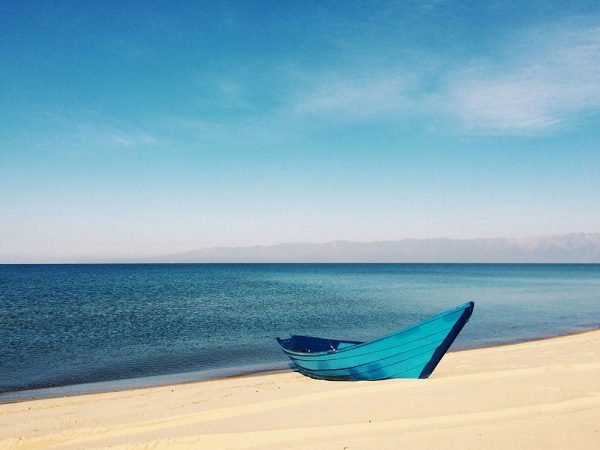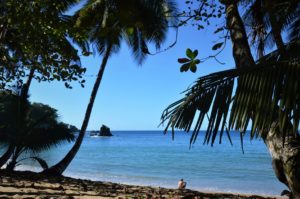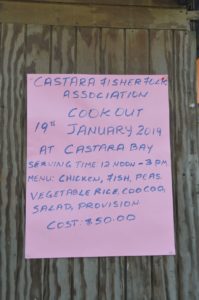
Blue Sail’s Neen Kelly has just returned from a holiday in the Caribbean. But a tourism consultant is never off duty – so here are her thoughts on the authentic experiences on offer:
Authenticity is something that we hear a lot about when it comes to tourism. Something we often recommend destinations need to consider – but what does it mean?
We stayed in Castara, a small fishing village on the Caribbean side of the island of Tobago. A picture postcard beach with palm trees and sunshine. What’s not to like in the depths of winter? There was not a huge amount of information online about what there was to see and do, or where to eat, but we obviously saw enough to book and thought more information would be available on arrival.
Authentic tourism often involves engaging with the locals and eating local food and drink. Sometimes this can be difficult to do or find out about, or it is more packaged up than we might have hoped for. Increasingly we have a need to find out everything in advance – with so much being available from the phone in our hands, but this was not the case in Castara. We soon discovered that the best way to find out about what was going on was just to go and ask.
When it came to eating out, restaurants had no menus. If you wanted to eat you had to ask what was on offer. Being a fishing community there was always freshly caught fish landed from the boats in the bay each day. You could also chat to the fishermen to find out what they had caught, buy it and cook it yourself. The ‘Castara Fisherfolk’ also organised a cook-out serving food for a small fee – an opportunity for visitors to come down and meet the locals and enjoy the local fayre. Very simple, yet effective and only promoted with hand written posters pinned up around the village.
There was also a shop with a sign saying banana bread and carrot cake available for ordering. Again, this was an opportunity to pop in and chat with the shopkeeper whilst making and collecting your order. A tasty way of enticing visitors into a shop, and not promoted online.
The bars, either by accident or planning, seemed to take it in turn to have entertainment – this included limbo dancing, steel drums, or a beach party – with bonfires constructed from huge pieces of bamboo that popped loudly and burnt brightly long into the night, and literally acted as a beacon to attract visitors to come along and mingle with the locals, buy the local rum and dance the night away.
It became apparent that being a small village, the locals often had more than one hat to wear. Something akin to Denis Lawson in the film Local Hero where he was innkeeper, chef and accountant. We found that the man in charge of the drumming, was also a restaurant/bar owner, car hire operator, fisherman and he was also excellent at limbo dancing. Visitors could not help but get to know these people. Being a small community there was the opportunity to really experience the local way of life. Everything was delivered in a laid-back way – as you might expect in the Caribbean. A lesson to all of us – let’s not over-complicate it, a really good experience can be simple.

